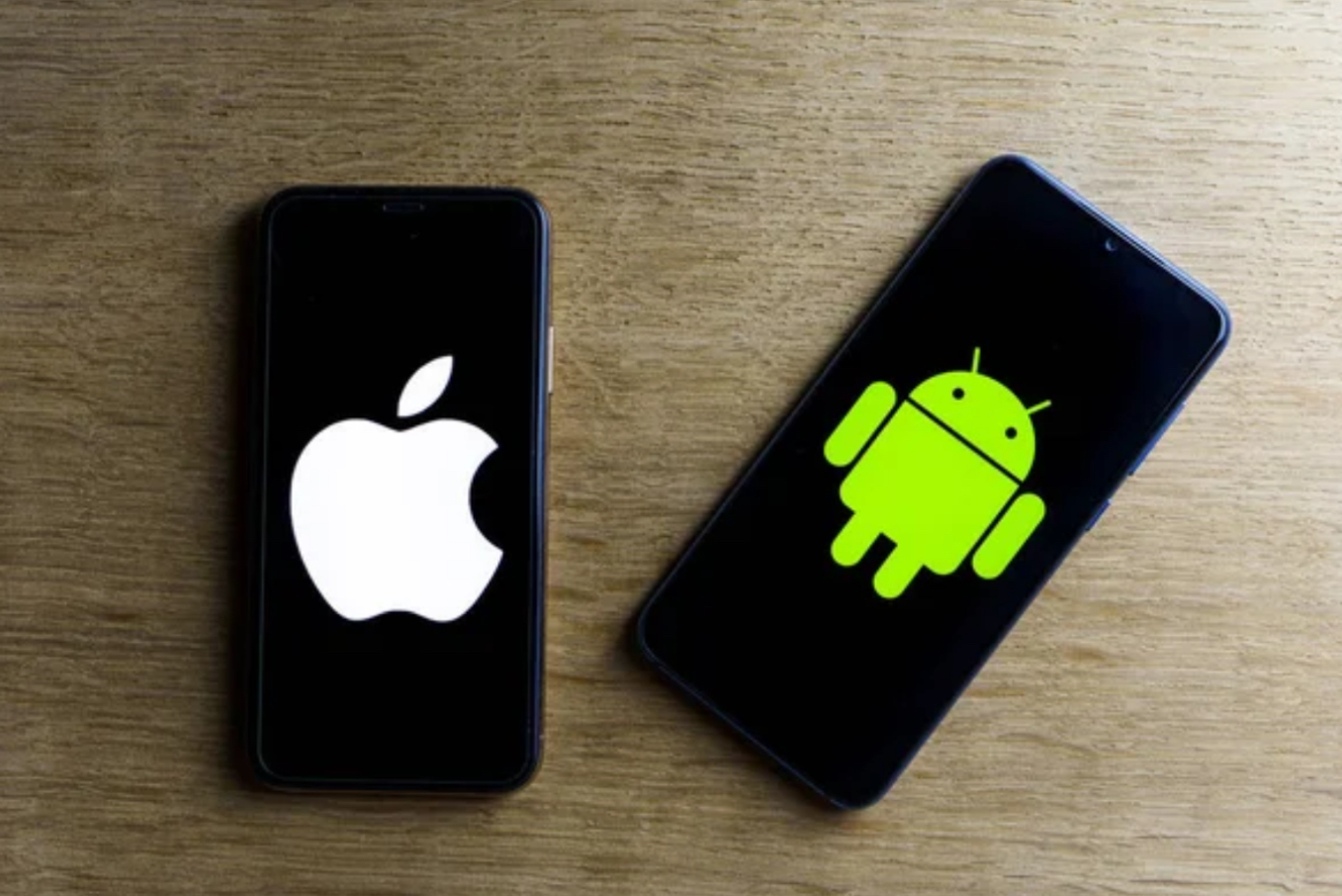Over the last 4-5 years, I switched from Android to iOS. In the beginning, I had mixed feelings and, to be honest, I used to like Android so much that the iPhone didn’t feel that good. However, as I got used to it over the months and years, I recently got my second iPhone device and my feelings have reversed.
That’s right, I got a second device in a span of almost 5 years. Would you do this with an Android phone? Probably not. You see, the problems with Android cannot be seen at first glance.
The Android “ecosystem” has hundreds of devices to choose from, catering to all kinds of budgets and offering a feature variety that you won’t find anywhere else in tech. But there’s a big “but.” There are several reasons not to choose an Android phone if you’re concerned about quality and security.
iPhones offer a consistent user experience as Apple designs both the hardware and software, which leads to a seamless and consistent interface across different models. iPhones receive regular software updates, including the latest features, performance improvements, and security patches. Apple supports its devices for several years, ensuring that even older models can benefit from new updates.
With Android phones, you’ll be lucky if you get 2 years of security updates. The App Store also has a rigorous review process, which often results in a higher standard of quality for apps compared to the more open Google Play Store.
In terms of connectivity and ecosystem, iPhones work well with other Apple devices, such as Macs, iPads, and Apple Watches, making for a more seamless ecosystem if you own multiple Apple products. On the other hand, despite some progress made by Android devices with Windows PCs and laptops, they still lag behind in making users’ lives easier.
Consider how easy it is to change an iPhone device and move to a different one. You simply follow some steps on your phone’s screen, and within 20-30 minutes, all your data and apps are migrated to the new device. This will not happen with an Android phone unless it’s a Xiaomi and you’re migrating to a new Xiaomi or a Samsung, but I’m not sure this process is as smooth as iOS, and I’m pretty sure you cannot do this between different branded phones.
Considering selling your iPhone? iPhones typically maintain a higher resale value compared to Android devices, which can be an advantage if you plan to upgrade your phone in the future. Apple is known for its focus on user privacy and security, implementing measures to protect user data, including encryption and strict app permissions.
When it comes to personal data security, iPhones tend to offer better overall security for personal data, mainly due to Apple’s closed ecosystem and tight control over hardware and software. This makes it more challenging for hackers to find and exploit vulnerabilities. Apple provides timely software updates, including security patches, and the App Store has a more stringent app review process than the Google Play Store. Apple uses encryption to protect user data both at rest and in transit, and iPhones come with various built-in security features, such as Face ID, Touch ID, and Secure Enclave.
Moreover, let’s not forget Google. Google is primarily an ad company, which means it collects your data for profit. The experience comes second or third. Sandboxing works well on both operating systems, but Google apps, especially Google Play Services, monitor every interaction you have on or near your phone and sell that data.
Imagine this scenario: You are considering renewing your car’s insurance for another year, but it comes 20% more expensive than last year’s insurance. You wonder why. Meanwhile, you had been searching on your phone, through the Google search bar, for a pair of prescription glasses because you developed a bit of nearsightedness. While you normally wouldn’t even think about it, somehow the insurance company got “notified” about it and voilà! While Apple collects personal data, they confirm that they will never sell it. But, it’s up to the user if they trust them or not. Personally, after the “throttling-gate” was exposed, I tend not to trust them so much, but for now, I believe them as I’m pretty sure they don’t want to lose more money in the courts. Another alternative would be GrapheneOS, which is based on Android. I tried it for a month. Good luck with that.
As for the devices’ costs, a mid-range Android device costs more than £200. Those devices tend to last for 2 years on average, so it’s £100/year for a phone. iPhone prices start from £600, but a device can last for 5-6 years with constant updates. It comes slightly more expensive than the £200 mid-range Android, but the quality is not comparable.
That said, in the end, it’s up to the user’s priorities and preferences. Android is offered in a wide range of devices for every budget and need, while iPhones are more premium. Androids are more customizable, and the user can experiment with custom ROMs, while iPhones are locked. If someone is concerned about privacy and security, I would recommend iOS more. If those are not a concern and the budget is the priority, then Androids are very good devices. Also, Samsung and some Chinese brands like Oppo have made huge strides to offer state-of-the-art devices and designs like flip phones that cannot be found in Apple’s device family. Those devices might cost more than Apple’s Pro models, but they offer an experience that the user hasn’t had before. At the very end, it’s all about personal preference.

